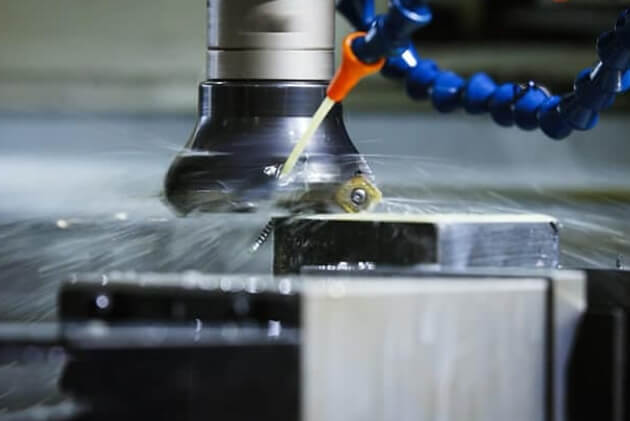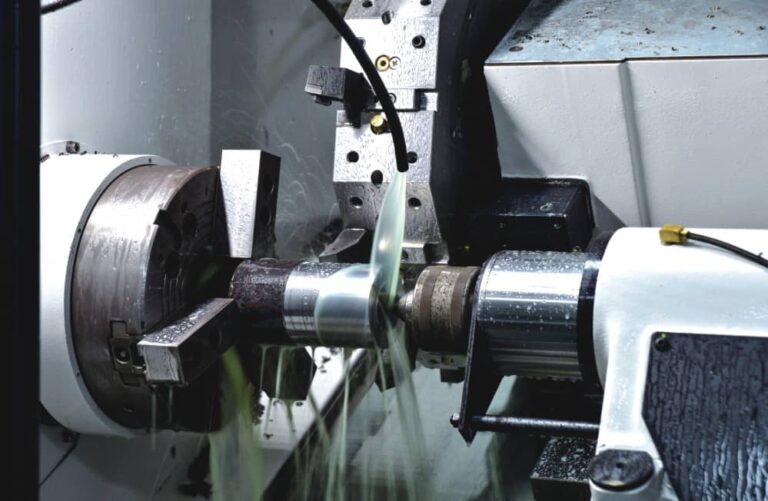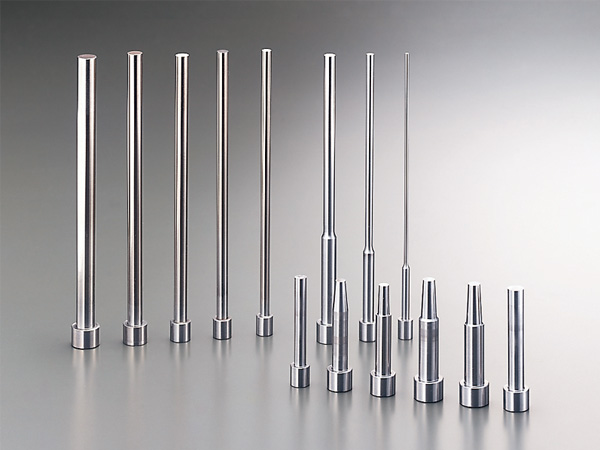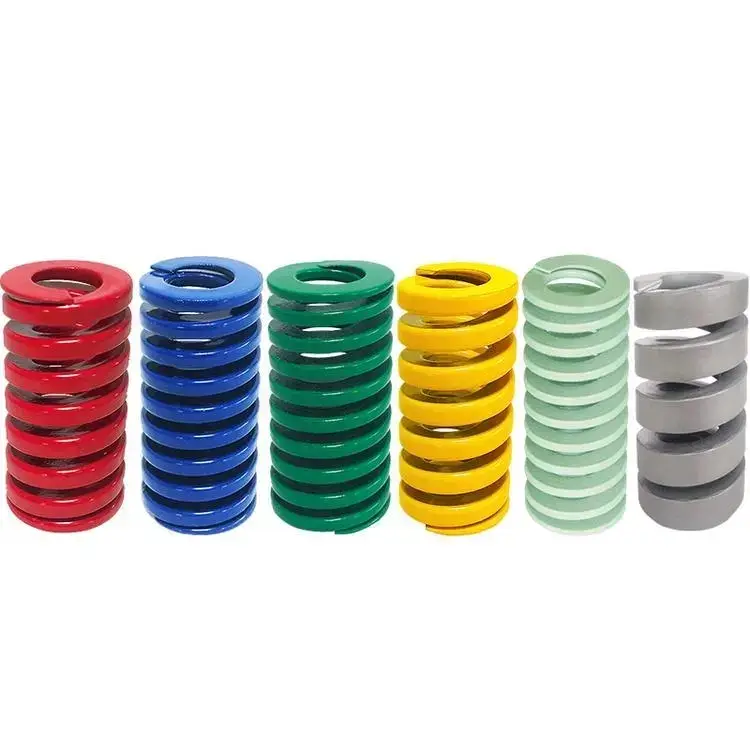Methods and Key Considerations for Prolonging the Service Life of Plastic Molds
When engaging in the long-term mass production of molds, manufacturing high-precision and high-quality molds is crucial. Despite the potential initial high costs, this investment can reduce operational expenses, minimize maintenance requirements, and ultimately enhance overall economic benefits.
1. Critical Considerations in Mold Manufacturing
1.1 Precision Design
Precision design in molds helps prevent excessive forces during the molding process, thereby reducing the risk of failures. Choosing materials with high wear resistance and toughness is crucial for ensuring the longevity of molds.
1.2 Consideration of Injection Cycles
During mold manufacturing, it is essential to calculate the expected number of injection cycles the mold can withstand. Opting for materials with high wear resistance is key for molds subjected to a high volume of injections.
2. Mold Maintenance and Care
2.1 Regular Disassembly and Cleaning
Periodically disassembling molds for thorough cleaning is critical to maintaining optimal performance. Using ultrasonic cleaning and organic solvents to clean various components, especially addressing rust issues, contributes to sustaining the mold’s excellent condition.
2.2 Part Repair and Replacement
Regularly inspecting mold components and repairing or replacing severely worn parts is essential. Paying particular attention to critical areas like cavities ensures precision and durability.
2.3 Operational Checks
After reassembling the mold, conducting operational checks ensures smooth functioning. This helps prevent production line downtime due to mold failures, thereby improving production efficiency.
3. Environmental Considerations
3.1 Storage Environment
Properly storing molds and protecting them from moisture, high temperatures, and other detrimental factors extends their service life.
3.2 Operating Environment
During the production process, ensuring that molds operate in suitable temperature, humidity, and pressure conditions minimizes adverse effects on the molds.
By comprehensively addressing these factors, manufacturers can significantly extend the service life of plastic molds, increase production efficiency, and reduce overall operational costs.






